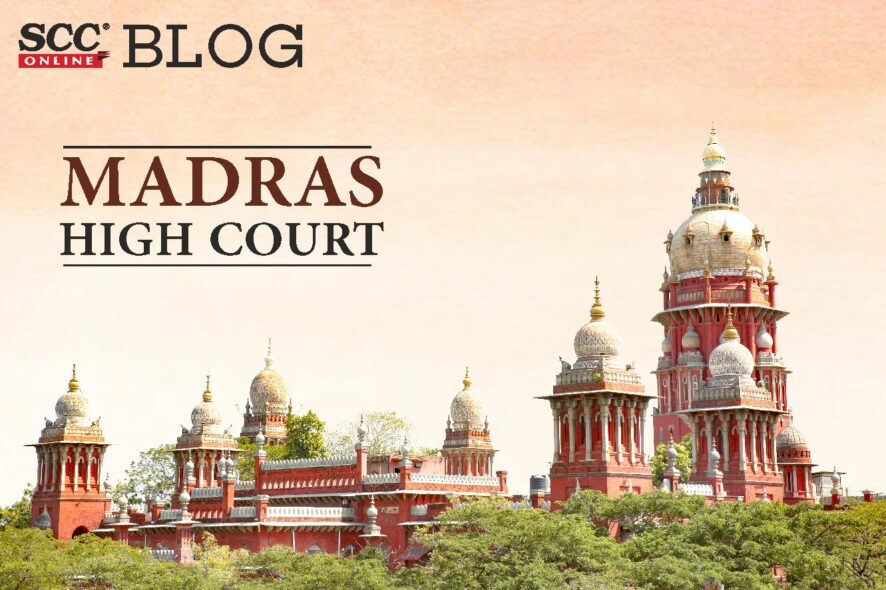Madras High Court: In a petition filed under Section 482 of Code of Criminal Procedure (CrPC) to quash the criminal complaint filed by the Drugs Inspector under Section 32 of Drugs and Cosmetics Act, 1940, for the contravention of Section 18(a)(1) of Drugs and Cosmetics Act, 1940, (‘D&C Act’) which is punishable under Section 37(d) of the Act, alleging that the directors of the drug company (Sunrise International Labs Ltd.), are not manufacturing standard quality ‘Carbimazole’ tablets, G. Jayachandran, J. has held that the contention of the petitioners that they are not directly involved in the product of the drugs, when the decision to production of the drugs, itself is the outcome of their decision, is wholly unsustainable, and if the said preposition is accepted it will go against the object and reasons of the legislations namely Drugs and Cosmetics Act. Further, applying the interpretation of Section 141 of Negotiable Instruments Act, 1881 (‘NI Act’) to the other Acts, ignoring the nature of the offence charged will lead to miscarriage of justice.
The issue in this case is whether the petitioners can wriggle out from the criminal liability on the ground that they are not directly involved in the production of sub-standard Pharma products, and if any sub-standard products are sold to public by the Company, it is only the person responsible for its production to be held liable and others cannot be held vicariously liable.
The respondent submitted that the strict interpretation of vicarious liability of the Company has explained by the Courts in respect of Section 141 of NI Act or any other statute involving offence against property should not be extended to the offence against the persons.
The Court referred to the decision in S. Mohan Lal v. R. Kondiah, (1979) 2 SCC 616 , wherein it was held that “it is not a sound principle of construction to interpret expressions used in one Act with reference to their use in another Act; more so, if the two Acts in which the same word is used are not cognate Acts” , and observed that the interpretation of the expressions used in Section 141 of N.I Act, cannot be applied to Section 34 of D&C Act, though if read in isolation they look in ‘pari materia’. Further, when the offences are not related, then the enabling section to prosecute the Company as a juristic body must be necessarily read along with the offence charged. Thus, applying the interpretation of Section 141 NI Act to the other Acts, ignoring the nature of the offence charged will lead to miscarriage of justice.
The Court observed that the offence in this case is manufacturing and distribution of sub-standard drugs by a Company which is managed by its board of directors and the decision to manufacture the drugs is the collective decision of the board. Therefore, the directors cannot claim that they are not directly involved in production of the drugs, when the decision to produce the drugs, itself is the outcome of their decision. Therefore, the case of directors signing the cheque on behalf of the Company and the case of directors participating in the decision to produce sub-standard drugs are not one and the same, to hold that these petitioners are not involved in day-to-day affairs of the Company. Thus, the petitioners are vicariously liable for producing sub-standard drugs.
[Vikas Rambal v. State of Madras, 2022 SCC OnLine Mad 4822, decided on 12.10.2022]
Advocates who appeared in this case :
For Petitioners: Advocate B. Kumar;
Advocate Kiruthika Gokulakrishnan;
For Respondent: Government Advocate N.S. Suganthan.







